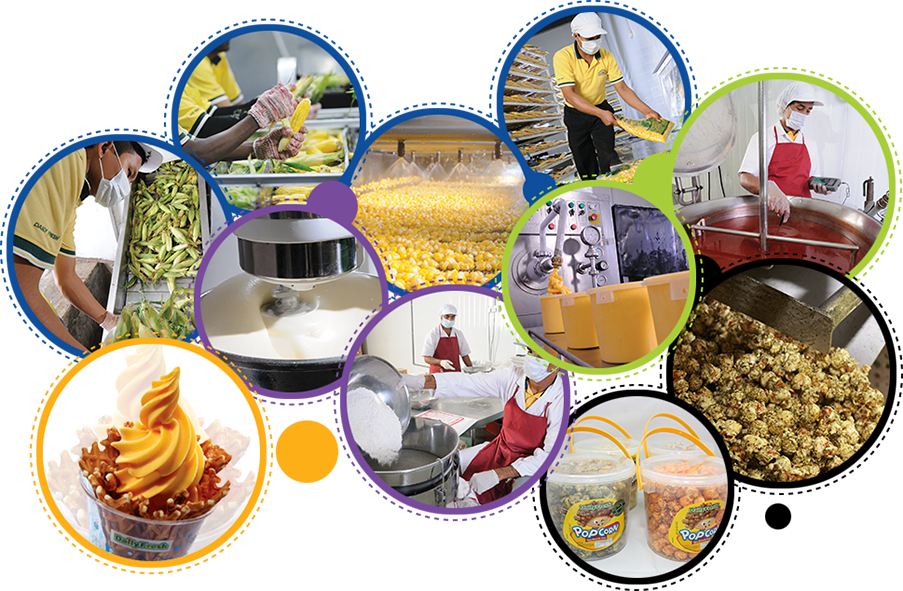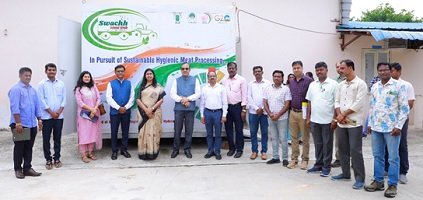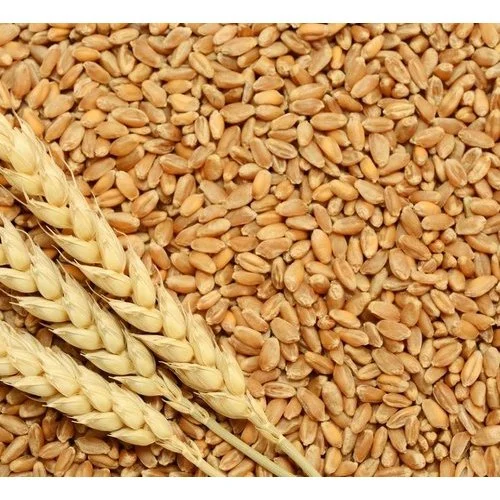During the two-day summit, experts highlighted the global surge in adopting the food banking model, a crucial link that connects an increasing number of individuals in need with surplus food resources.
Leading voices in the field have urged G20 nations, under India’s presidency, to embrace food banks as a solution to the pressing issues of food loss and food waste. To drive this narrative forward, The Global FoodBanking Network (GFN) and Thinkthrough Consulting (TTC) hosted the Global Food Security Summit 2023, this week under the aegis of G20 fostering diverse dialogues across sectors to establish sustainable ecosystem and pave the way for ensuring universal access to #FoodForAll.
During the two-day summit, experts highlighted the global surge in adopting the food banking model, a crucial link that connects an increasing number of individuals in need with surplus food resources. The event occurred one month ahead of G20 Leader’s summit, where the critical topic of global food challenges is expected. Recent UN data revealed that an additional 122 million people worldwide face food shortages in 2022, underscoring the seriousness of the issue.
Lisa Moon, President and CEO of The Global FoodBanking Network (GFN), emphasized the financial impact of food banking, stating, “Foodbanking addresses two huge challenges, within the global food system. The First pertains to food loss and waste, with a staggering one third of worldwide food production never reaching people’s tables. This loss occurs throughout the supply chain, from farms to the consumer stage, resulting in significant economic implications – amounting to staggering $1,6 billion annually. The Second challenge is food security, with approximately 2.3 billion people worldwide currently facing food difficulties, and roughly 3 billion unable to afford a nutritious diet. Foodbanking is creating surplus to address both these problems by acting as a logistical expert of food, operating as both as a social enterprise and a nonprofit entity, collaborating with producers across supply chain to save food.”
“Food waste is a global challenge that requires collective efforts from all stakeholders,” said Parul Soni, Global Managing Partner, Thinkthrough Consulting, “We want to work with the producers of food – farmers, corporations, FMCG companies – to get surplus food to foodbanks and process it to reach the underprivileged. Through this Summit, we aim to promote food security and mitigate climate change through the concept of food banking.”
The summit was also about highlighting the opinions of thought leaders within the ecosystem and the work done by changemakers to mitigate food insecurity and the climate crisis. Various High Commissioners, Ambassadors, and Senior Officials of the G20 member countries and nine guest countries invited by India, including Bangladesh, Egypt, Mauritius, The Netherlands, Nigeria, Oman, Singapore, Spain, and UAE, collectively participated to spread awareness and express their viewpoints Multilateral and Bilateral Organizations – World Bank, Asian Development Bank, United Nations Environment Programme (UNEP), and Industry Thought Leaders like Federation of Karnataka Chambers of Commerce & Industry (FKCCI), Invest India, the Federation of Indian Chambers of Commerce and Industry (FICCI), the Confederation of Indian Industry (CII), and the Indian Council for Agricultural Research (ICAR), among others, had representation in the discussions at the Global Food Security Summit.
During the two-day summit, experts highlighted the














